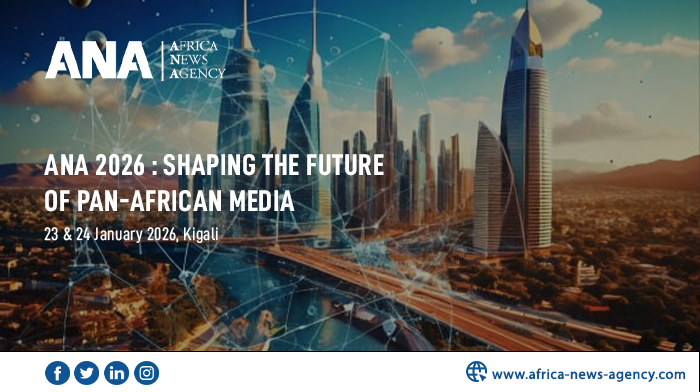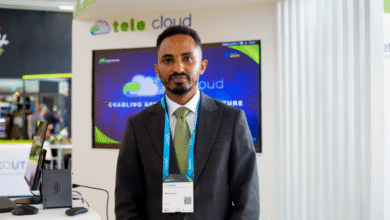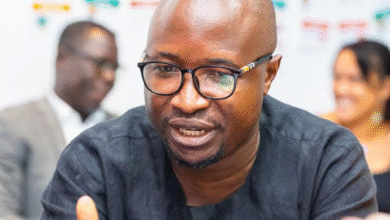Interview Aymen Mtimet : “Africa is a remarkable fintech laboratory”
Aymen Mtimet*, Partner Advisory at Deloitte Francophone Africa, shares his insights on the evolution of fintech in Africa, its current challenges, and growth opportunities.

Interview conducted by Edwige Wamanisa, in Paris
How is the Fintech sector evolving in Africa?
Today, fintech in Africa is experiencing truly extraordinary growth. A bit less than in previous years, but it’s important to note that Africa was a pioneer in the field of fintech and investments in the sector, which is now beginning to reach a certain maturity. However, we are currently witnessing more sustained growth in specialized areas such as insuretech and regtech. We are starting to move away from the classic framework, which confirms Africa’s role as a genuine fintech laboratory in the world.
What is the definition of Fintech?
That’s an interesting question. So, what exactly is fintech? There are several definitions, but generally today, a fintech is a tech startup operating in the financial sector. This includes banking and insurance services, client advisory services, investments, payments, cryptocurrencies, etc. But the whole idea behind it is to digitize finance and develop digital financial services. In terms of volume, there are many more startups operating in the field of mobile payments, offering solutions both for individuals and merchants.
Which countries have the most developed fintech sectors?
These are the countries with a developed entrepreneurial ecosystem but more importantly, countries that attract the most funding, namely South Africa, Nigeria, Kenya, and Egypt—countries where structures are developing. That said, other ecosystems are also emerging, such as Tunisia, Senegal, and Mauritania.
What challenges does fintech face in Africa?
In general, some challenges are consistently mentioned when it comes to fintech in Africa. The first concerns access to financing. Today, four African countries account for nearly 90% of the fundraising in Africa. Thus, many ecosystems lack funding and struggle to attract VCs. The second challenge involves regulation. How do we adapt the regulatory framework so that fintech can operate both in their home country and in other countries across the continent? Today, we see more and more initiatives that allow these fintech companies to operate and be interoperable across an entire region. The third and final challenge is the ability to meet a certain number of needs. Today, fintech companies have reached a certain level of maturity in the African market. New fintechs are seeking innovative use cases to differentiate themselves and continue providing value.
Why is there so much interest in fintech today?
For several reasons. Firstly, the rate of banking penetration remains generally low in Africa. Fintech provides an alternative to include these populations financially and then economically, and that is important because when we look at GDP and growth rates of African countries, there is a significant development margin, and fintech can play a crucial role in achieving this. The second aspect is social inclusion. These populations, once included financially and economically, will leave the informal sector, gain social security, have a digital identity, and access a range of social services. Finally, fintech represents a lever for development in other sectors of the real economy in Africa, notably health and education. In summary, fintech today is a way to include people economically, socially, and financially, who are currently not included, thereby accelerating multiple economic sectors.
*Aymen Mtimet is a Partner Advisory at Deloitte Francophone Africa, specializing in strategy and economic growth. He holds an MBA in Finance from the Sorbonne Business School and a degree in Business Administration from Paris 1 University. He has over 17 years of experience in Europe and Africa, supporting the public and private sectors in their transformation. He has led numerous public strategy reforms, particularly related to financial inclusion and innovation. He has also conducted many strategic and operational development programs, especially with financial institutions and donors.







